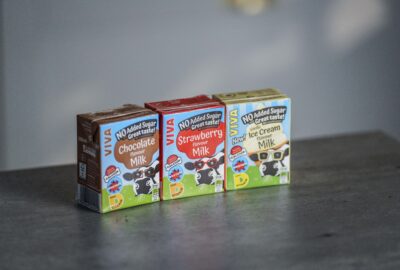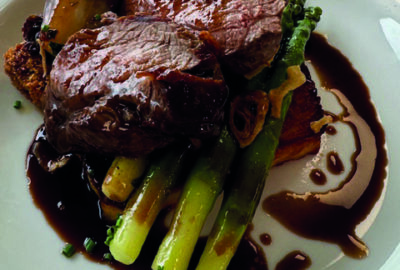With food prices on the rise and budgets continually getting squeezed, planning your nursery school menu is imperative to maximise the use of every ingredient and continue to serve nutritious meals. As many nurseries are already aware, an increasing number of households are struggling to put food on the table and for many children, the meal they receive at nursery is the only meal they will have that day. The role of catering for children under 5 is now more important than ever before.
“It’s vital that children under five receive the right nutrients for growth and development, but healthy eating doesn’t need to be expensive.” Says Harman Mohal, nutritionist from Early Years Alliance. “If your nursery has a garden, growing your own vegetables is a great idea as it gets the children involved and educates them about where food comes from. Local farms may also be a good source of inexpensive fruit and veg. Don’t dismiss imperfect shaped items – they are just as nutritious.”
The Power of Plant-Based
Vegetarian or vegan dishes are well-known within the industry as less-expensive options, so introducing two meat-free days each week will help keep costs under control. “Dark leafy greens contain iron, calcium and vitamins A, C and K and are relatively cheap” says Sean Cowden, Chef Lecturer at London Early Years Foundation (LEYF), which operates 39 nurseries in London. “Make everything fresh if possible. Bought in sauces are usually expensive and high in salt, sugar and preservatives. If your menu has meat and fish every day, consider alternative protein items such as beans and legumes.”
Negotiating with suppliers to get a better deal and keeping in touch regularly to be aware of any discounts is essential. “Get to know the account manager – maybe invite them to your kitchen to see what you do. Do your research and compare prices to other suppliers – are you getting the best deal?” Recommends Sean.
Look out for Promotions
Special offers can help keep within a budget, but make sure you are mindful of the shelf life of your ingredients, otherwise you could be wasting more food than necessary, creating a false economy. Instead, consider cheaper cuts of meat such as diced beef, flank, silverside beef, lamb shoulder or chicken thighs and bulk buy non-perishable items you regularly use such as pasta and canned vegetables.
Think Big
Where your kitchen and equipment allows, batch cooking and freezing meals or sauces is another great way to save money, but check it meets your demands. “If the amount of food you batch cook is too much for your needs, then you literally have money sat in the freezer so avoid over-stocking. Work out what you need for let’s say 10 days’ worth of holding stock.” Advises Sean.
Waste Not, Want Not
Maximising your catering spend is not only achieved by changing your purchasing habits. Introducing food waste management systems in the kitchen and dining hall will help prevent throwing your budget in the bin. Monitoring how much of each meal goes to waste every day will give you a good indication of whether or not your portion sizes are too generous. “Follow the ‘Eat Better, Start Better’ national guidelines. My advice is to check the plate size. Children eat with their eyes. If the plate size is inappropriate (or adult sized) then the child will automatically think there is not enough food.” Says Sean.
For more information about the London Early Years Foundation visit leyf.org.uk
For more information about the Early Years Alliance visit www.eyalliance.org.uk


